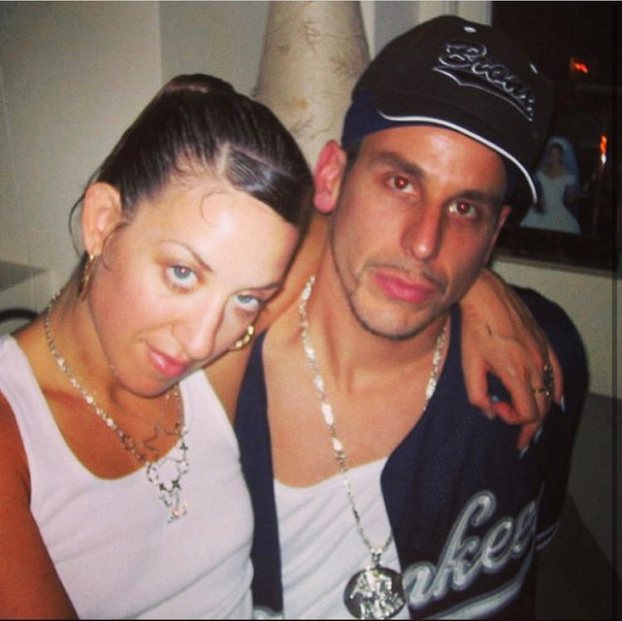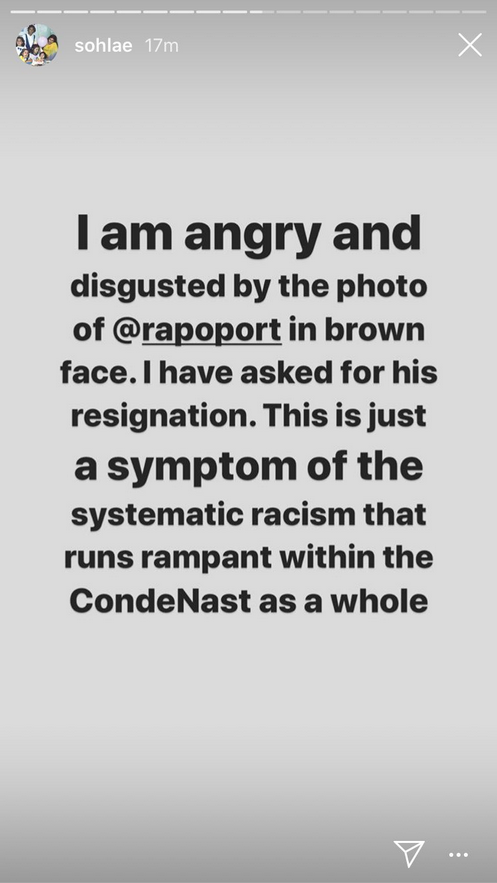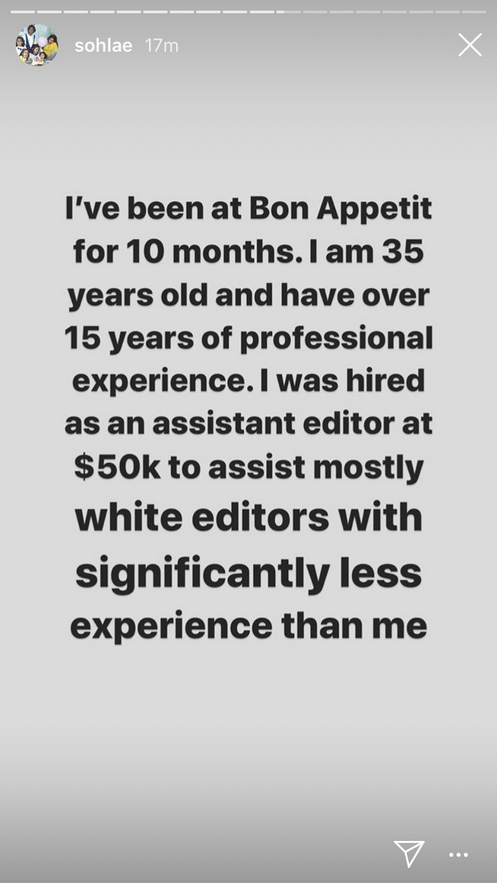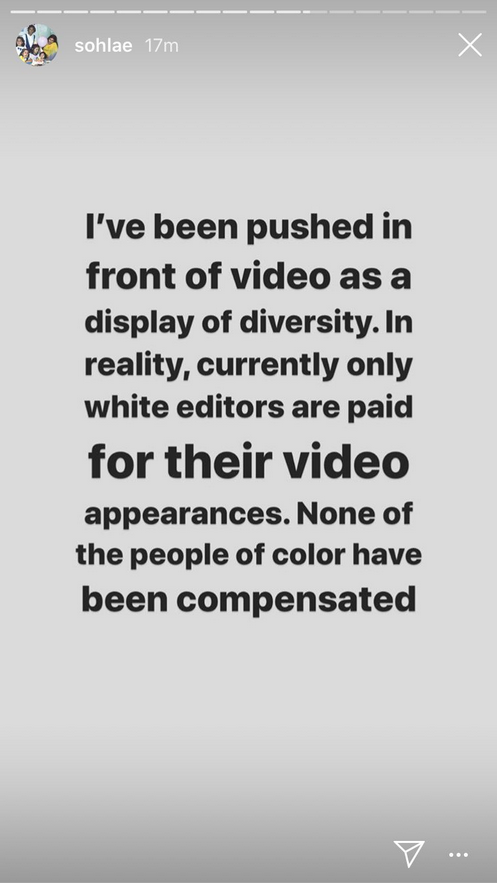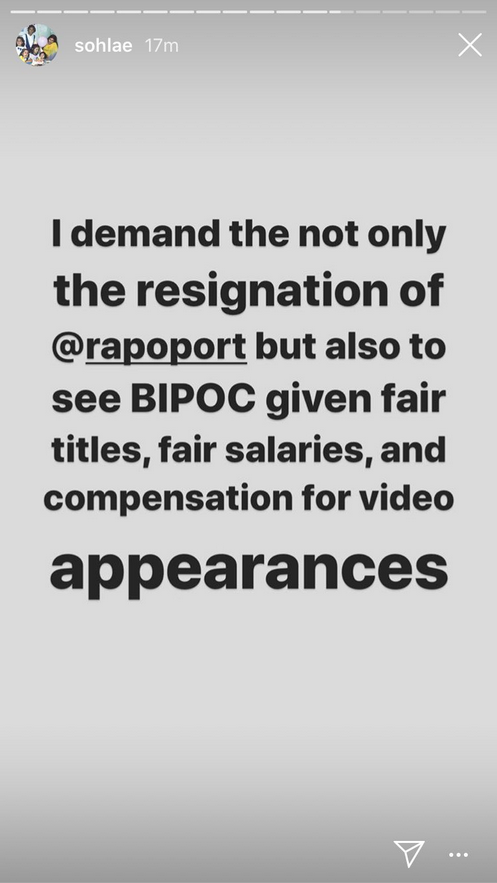Allegations
Soon after Bon Appétit’s Youtube success came to full fruition, it all came crashing down again when a photo of Adam Rapaport in a stereotyped Puerto Rican costume (pictured on the right) was shared on twitter in June of 2020. This provoked a number of editors of color on Bon Appétit's staff to share the discrimination that they have faced at the company.
This included Sohla El-Waylly, who posted an Instagram story alleging that she and other editors of color were not paid for their appearances on the Bon Appétit Youtube channel, unlike their white co-workers; Condé Naste denied these allegations. El-Waylly urged Rapoport to resign and demanded that people of color at Bon Appétit be fairly compensated for their work. El-Waylly pointed out that she had more experience than most of the white employees that she was assisting, saying “I am 35 and years old and have over 15 years of professional experience. I was hired as an assistant editor at $50k to assist mostly white editors with significantly less experience than me.” (Palmer)
Another notable voice in this controversy was that of Ryan Walker-Hartshorn, Rapoport’s assistant at the time. Walker-Hartshorn shared that she had not had a raise in her salary, which was just above $35,000 yearly, in the almost 3 years she had worked for Rapoport. Walker-Hartshorn regularly did personal tasks for Rapoport in addition to her editorial responsibilities, including cleaning his golf clubs and teaching his wife how to use google calendar. Rapoport allegedly continued to contact Walker-Hartshorn outside of work hours dispite her complaints to Condé Nasts HR department (Premack).
"I am the only Black woman on his staff; He treats me like the help."
— Walker-Hartshorn, on working for Rapoport (Premack).
This controversy came to light right after Bon Appétit posted on Instagram saying "Food has always been political" in support of the Black Lives Matter Protests that were sparked by the killing of George Floyd. Condé Nast donated $1 million to racial justice organizations yet refused to give raises to it's staff of color or publish their cultural recipes. (Harris et al; Premack)
Response
Rapoport ultimatly elected to resign his position at Bon Appétit (Premack). 2 months later, Condé Nast hired Dawn Davis on as editor in chief. Davis was vice presiedent at publishing company Simon & Schuster and was notable for being "one of the few Black power players in the book world" according to the New York Times (Tracy). Dispite Bon Appétit's efforts to apear more inclusive, fans had already lost interest. Bon Appétit's youtube channel saw "an overwhelming downward trend in new subscribers" in the following months, and its regular video views are now far below what they reached in 2020 (Stebbins).
"the lessons from the BA YouTube channel’s tumultuous summer of 2020 highlight important areas where future contracts for Condé Nast and other legacy media workers can more deeply address multi-layered, systemic problems in their industry." (Israel)
Israel, a PhD student in media and communication studies, notes that dispite the public nature of the racial issues present at Condé Nast, workers overall were unable to get their demands for equal pay and oppertunities met until a union was organized in 2022. She concludes that the increasing presence of 'digital labor' exacerbates existing bias in the media industry.
